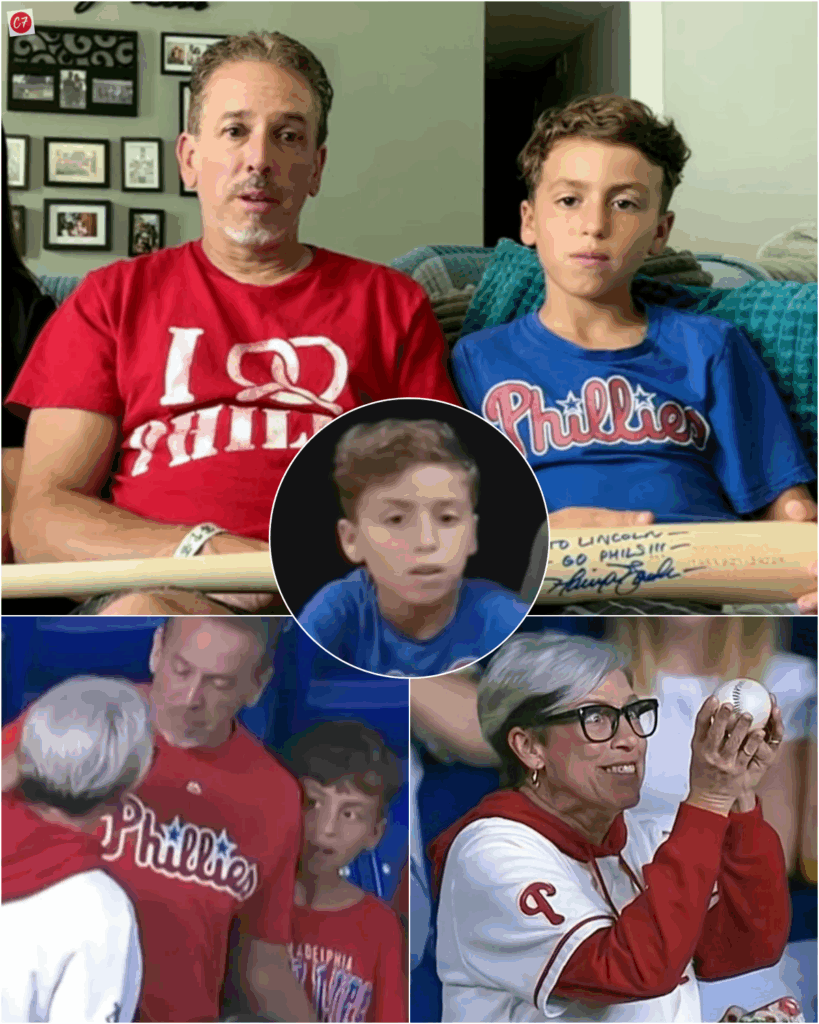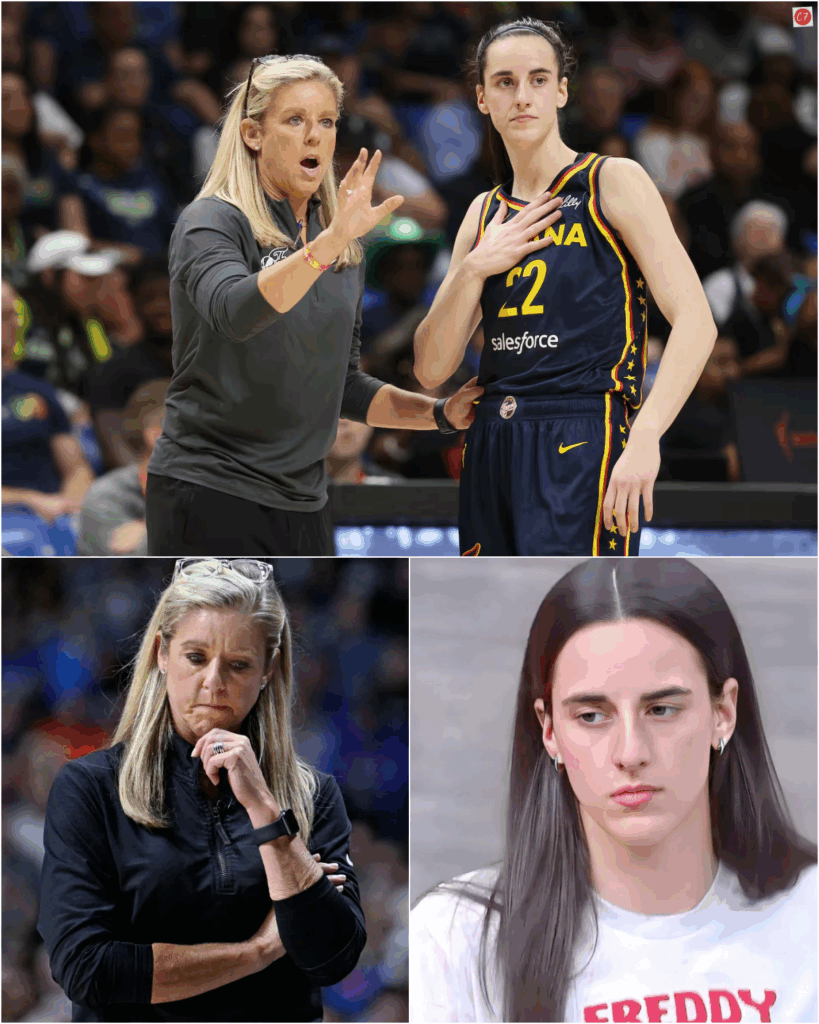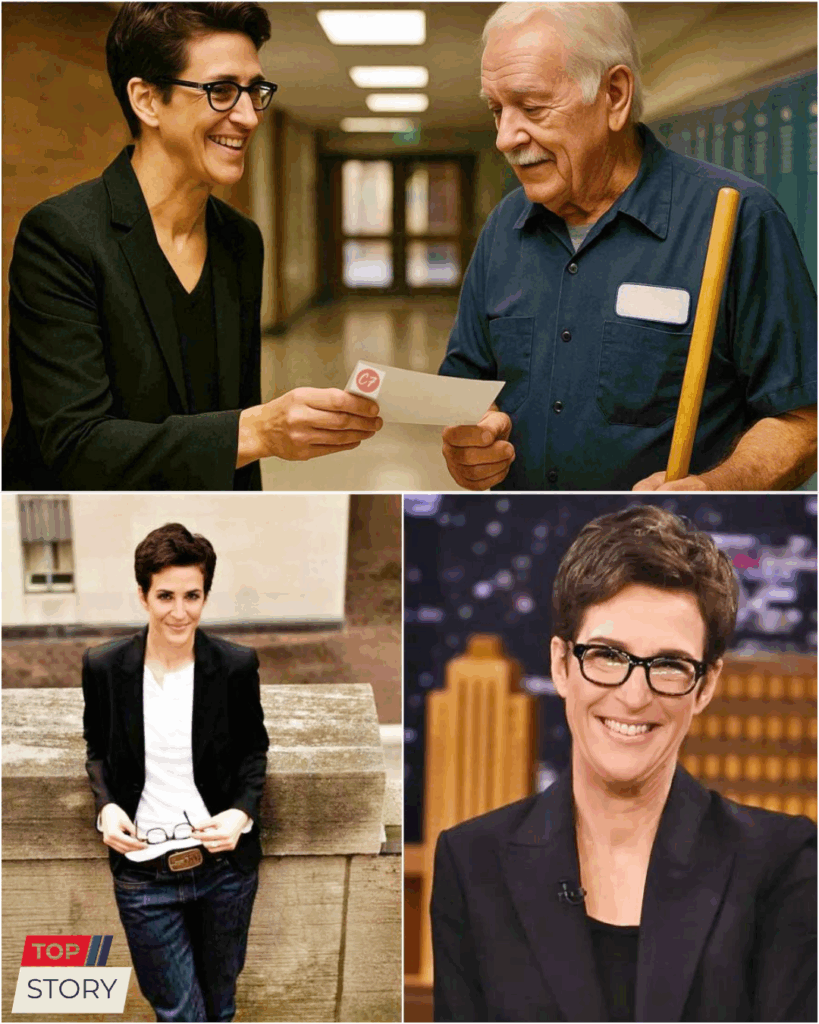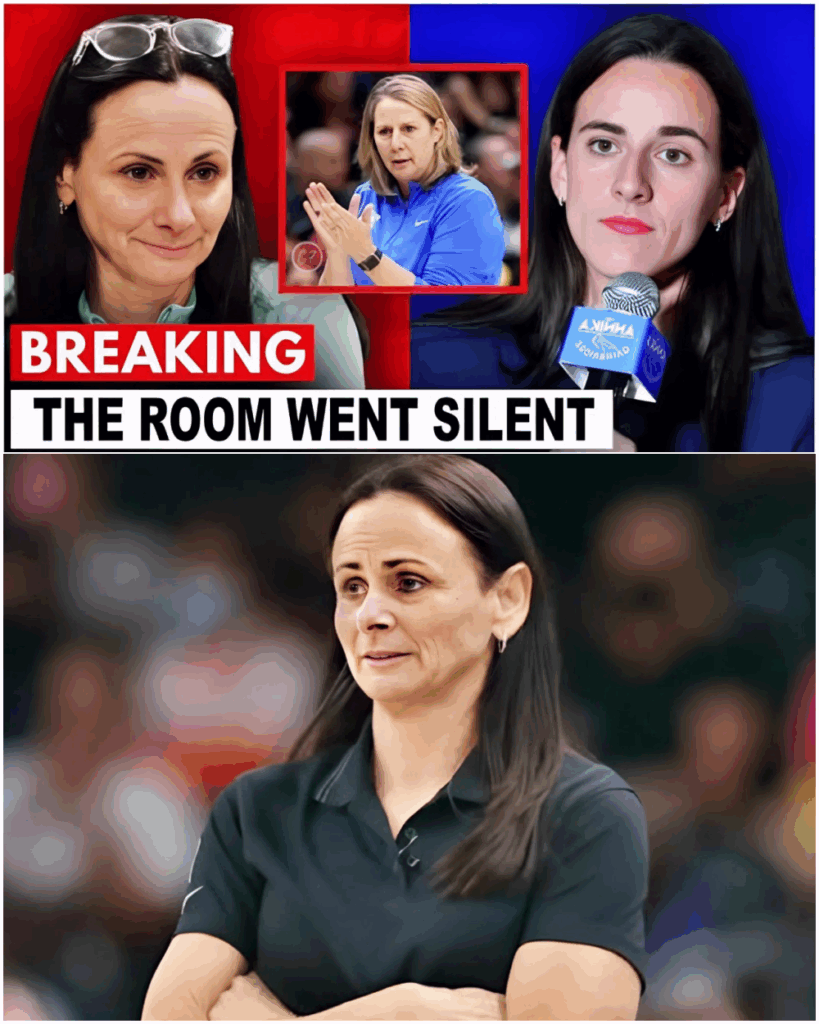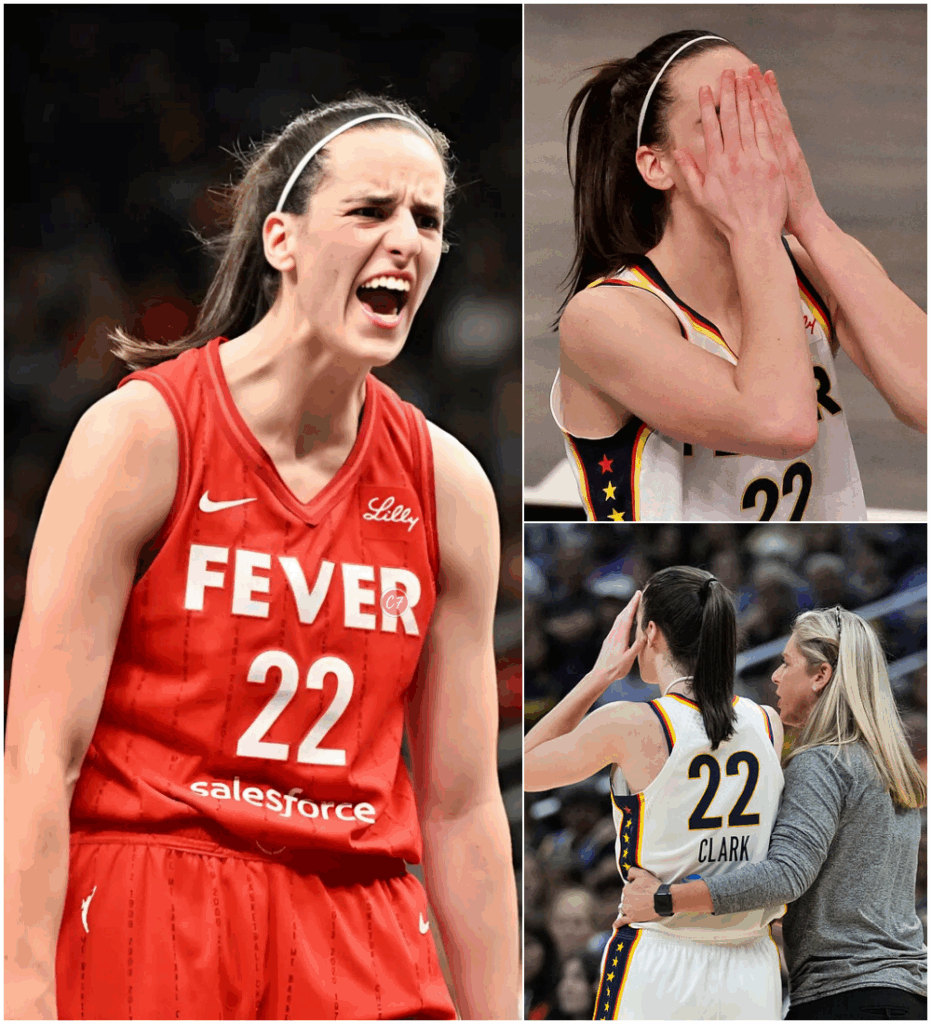BREAKING: Stephen Colbert Played the Phillies Clip Right in the Middle of His Show, Making the Entire Studio Erupt… Then Suddenly Dropped a Joke That Set the Whole Nation Abuzz. No One Expected Stephen Colbert to Do This Live on Television.


The lights washed over the desk. The band hit a bright, teasing sting.
Then the screen behind Stephen Colbert flashed to the viral Phillies moment—five seconds of grainy chaos that the internet had been chewing on all day.
The room erupted. Whistles, whoops, the kind of laughter that makes the camera operator fight to keep a steady frame.
Colbert didn’t rush it. He let the crowd have its fun. One eyebrow up. One hand resting on the desk. The other pointing gently toward the footage like a prosecutor laying a fingertip on Exhibit A.
The clip looped again—replay, reaction, release. It felt safe, almost routine: late-night riffs on the culture’s latest mini-storm.
And then he shifted in his chair.
The grin thinned. The rhythm of the room changed. The laughter, still rolling, caught in its own momentum and stalled for half a beat—a tiny silence that felt louder than the cheering seconds before.
Colbert leaned in and delivered the line—not a quote to hang in bronze, but an idea sharp enough to slice through the noise.
In essence, he made it painfully simple: grabbing the ball is easy; holding on to decency is the hard part.
You could feel it land. A couple in the front row clapped before anyone else. Someone further back let out an involuntary “oh.”
Even the band’s keyboardist seemed to hover over a chord, as if the note itself was waiting to see which way the room would break.
No names. No finger-pointing at a single person on camera. Just a clean moral mirror at the exact second the audience expected nothing more than a safe punchline.
And that’s why the studio froze—because the joke wasn’t really about a baseball anymore. It was about what adults do when a camera is rolling and a kid is in the frame.
The release came a heartbeat later. Applause. Whistles. That restless, electric murmur of did he really say that? that you only get when live television brushes the edge of a line and refuses to flinch.
The director cut to a wide. Colbert sat back and let the reaction breathe.
Outside the theater, the internet did what the internet does.
The eight-second cut—clip, smirk, crowd, hush—hit timelines like confetti from a cannon.
Accounts that usually disagree on everything suddenly agreed on one thing: everyone had to watch the moment for themselves.
Within minutes there were two loud camps shouting past each other with the energy of a playoff crowd.
One side loved it: finally, a late-night host who didn’t tiptoe, who reminded America that sports are supposed to hand memories to kids, not rip them away.
The other side rolled its eyes: too preachy, too pointed, too much from a guy in a suit behind a desk.
And then came the third wave—the meme makers—who carved the idea down to a caption and started pasting it on every clip of a screaming fan, a bobblehead giveaway, a dropped foul ball.
It worked because it traveled. The notion fits in a status, a comment, a quote-tweet, a stitched reel.
It hits the nerve that lives somewhere between pride and embarrassment—the place where grown-ups remember what it felt like to be small and watched and powerless for a second.
That’s where late-night, at its best, makes people laugh and wince at the same time.
Back in the studio, Colbert didn’t pound the desk or make it personal.
He kept the tone surgical, almost light, and pressed the point one more degree deeper.
If you listened carefully, the takeaway was unmistakable: you didn’t just lose a ball—you dropped your claim to being the adult in the room.
There it was. Not shouted, not scolded, just set on the table with the calm of someone who knows exactly what he’s doing on live TV.
Why make that turn now? Because timing is everything.
The clip was already a small cultural brushfire; late-night pours oxygen on brushfires.
The moment was bigger than a foul ball and a set of bleachers—it was about how people behave when the stakes are tiny but the cameras are huge.
And Colbert understands the economy of moments.
Sometimes one line can do the work of ten monologues. Sometimes the audience doesn’t want a parade; it wants a scalpel.
There’s another reason the switchblade joke hit so cleanly: it was delivered without a villain’s name.
In an era that lives to dox, shame, and point, he took the air out of that balloon and made the behavior, not the face, the issue.
That’s why the clip kept moving.
It asked everyone to decide who they were in that instant—the adult who wins a souvenir, or the adult who lets a kid keep a memory.
By midnight, the moment had turned into a referendum on manners, fandom, entitlement, parenting, and the very weirdness of being watched.
Comment threads filled with confessions from people who remembered the one time a stranger handed them a foul ball, or the time an uncle said, “give it to the kid.”
Other comments came from fans who’ve never caught a ball in their lives and swore they’d keep it if they ever did.
The joke didn’t settle an argument; it detonated one—and that’s exactly what makes late-night relevant when it wants to be.
If you’re wondering what pushed Colbert to throw caution to the wind and say it out loud, the answer is simpler than it looks.
Late-night is a contract with the audience. You tune in for laughter, yes, but also for a line in the sand—for the host to point at a tiny absurdity and say, “the compass still points north.”
When the culture hands you a moral lay-up on a silver platter, ducking becomes its own kind of punchline. He didn’t duck.
And why did that single joke erupt into the most explosive debate on social media overnight?
Because it was portable. The idea fits into a caption, a meme, a stitch, a quote-tweet, a group chat.
It flatters the people who agree and stings the people who don’t—and both sides share it.
Add the fact that the original incident already lived in millions of feeds, and you had the perfect storm: a familiar clip + a new lens + a line anyone can repeat.
There’s a craft lesson in all of this.
The biggest laughs on late-night don’t always come from the cleverest wordplay.
They come from the moment when the joke lands exactly where the culture is tender.
That’s what happened here.
The studio erupted, then froze, then argued with itself. Live TV earned its name.
Before the band played him to the next segment, Colbert set one last idea down like a coaster on a table: let the kid go home with a memory; let the adult go home with a lesson.
No sermon. No scolding. Just the kind of line that follows you out of the theater and sits beside you on the ride home.
What made him risk the tidy laugh for the risky one? The same thing that keeps people tuning in long after the headlines fade: the promise that someone, somewhere, will still say the quiet part cleanly.
And why is everyone still arguing about a joke this morning?
Because in five seconds of TV, the country wasn’t asked to choose sides between two fans—it was asked to choose what being the grown-up actually means.
The article reflects information drawn from media monitoring and reactions observed across public channels.
News
The Child Spoke the Truth — 7 Words That Silenced the Entire Stadium in the Phillies Incident.
The Child Spoke the Truth — 7 Words That Silenced the Entire Stadium in the Phillies Incident An alternate-angle clip from the stands has surfaced — and it is already being called the one detail the main broadcast completely missed. It lasts only a few seconds. The phone shakes. The frame is crooked. Yet for […]
Leavitt Shocked Everyone by Criticizing the Crowd, Rushing to Defend the Phillies Karen, But Just Minutes Later Karoline Wιshᴇd She Had Neνer Sρσker
“The crowd is the real problem.” One line. That was all it took to twist a stadium drama into a nationwide firestorm — and to drag Karoline Leavitt into the kind of spotlight even she couldn’t control. It began on a humid Friday night in Miami. The Phillies were facing the Marlins when Harrison Bader […]
Whoopi Goldberg Broke Her Silence on the Phillies Scandal Live on Air — One Line That Tore Social Media Apart.
The cameras rolled. The studio lights burned white. Chatter filled the air — nervous laughter from the audience, the usual banter from the panel. And then, like a blade slicing through fabric, the noise stopped. Whoopi Goldberg leaned toward her microphone. She didn’t need a warm-up. No build-up. Just six short, razor-sharp words — and […]
But What Hurt Her The Most Did Not Come From The Crowd Outside… But From The Way Those Once Closest To Her Treated Her: So Unfair!
“STOP IT NOW.” The two words sliced through the noise like a knife. A woman in a Phillies jersey finally appeared, trembling, saying she no longer dares to step outside her home. What used to be a simple walk down her street has turned into a gauntlet of strangers shouting, a “new nickname” echoing wherever […]
Karoline Lavitt Walked In With a Face Full of Power and Confidence That Made the Whole Room Pay Attention — But Just One Single Question From the Cleaning Lady Made Her Go Silent.
“Don’t be like that, Lavitt.” The words didn’t come from a rival, a journalist, or even a political heavyweight. They came from the shadows — from the corner where a cleaning lady stood quietly, unseen until she spoke. But before that moment detonated, the silence of the room had already been carved sharp enough to […]
BREAKING: Caitlin Clark Suffers Another Injury — Fever Coaching Staff in Serious Trouble for Lying to Reporters!
They thought they could control the story. They thought they could brush it off as “nothing serious.” But the truth refused to stay hidden — and once again, Caitlin Clark is at the center of a storm. On August 7th, during the Fever’s trip to Phoenix, the team told reporters that Clark had suffered nothing […]
End of content
No more pages to load

